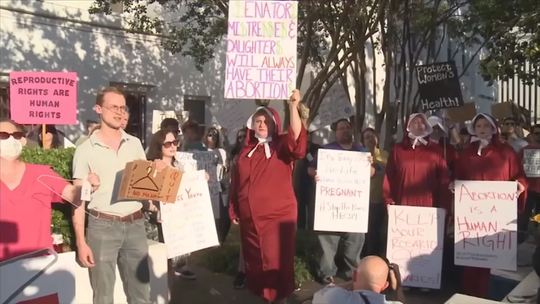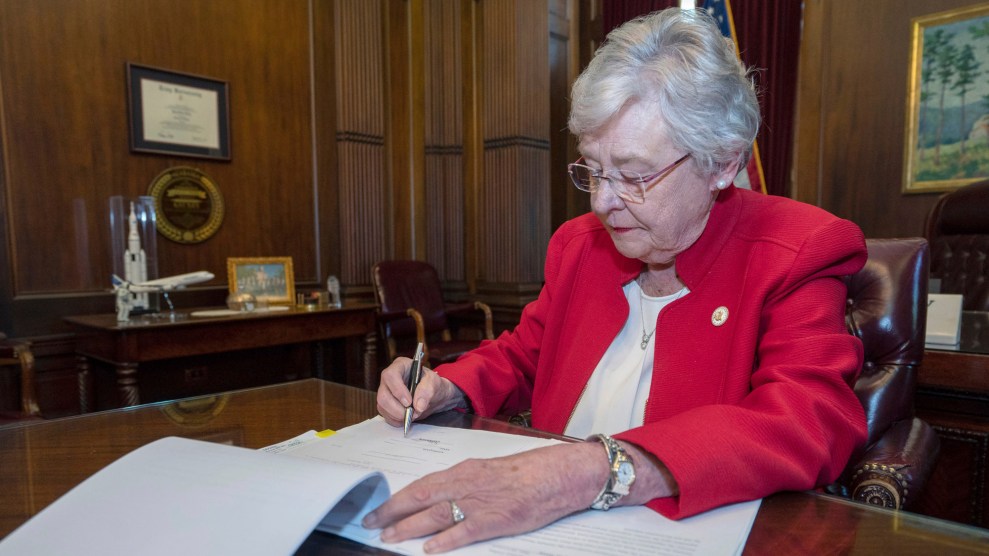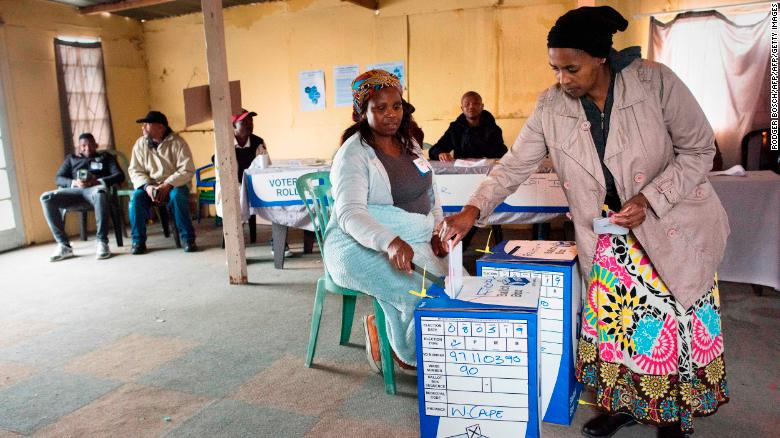Summary
On Wednesday, May 15th, 2019, the Alabama State senate passed anti-abortion into law. The law effectively banns abortion, by making it a felony to follow through with the procedure. Further punishing those who participate in the act up to life in prison. However, the law only provides certain exceptions to the few dealing with health risks. With additional Democratic attempts to add an amendment to exempt victims of rape and incest, several have failed in the process.
Alabama's Governor Kay Ivey, claims that her actions contributed to a greater cause, as "this legislation stands as a powerful testament to Alabamians' deeply held belief that every life is precious and that every life is a sacred gift from God." Yet Ivey also mentions that the new law has potential to be unenforced, due to specific legalized decisions during 1973. Overall, the bill has most certainly sparked continuous controversy between the woman of our society.
Alabama's Governor Kay Ivey, claims that her actions contributed to a greater cause, as "this legislation stands as a powerful testament to Alabamians' deeply held belief that every life is precious and that every life is a sacred gift from God." Yet Ivey also mentions that the new law has potential to be unenforced, due to specific legalized decisions during 1973. Overall, the bill has most certainly sparked continuous controversy between the woman of our society.

Reaction
After first receiving the news about this idea, I was really at a point of disbelief. Because I feel that this bill is addressing more than the aspect of pro-life, that it more-so affects quite the opposite in fact. For instance if a women living in unhealthy conditions were to undergo a nine month pregnancy, she is then left with two choices to make after giving birth. To either place her child under foster care, which is horrible for the child's sake, or provide for her child with the needs of government assistance, forcing legislatures to complain about government assisted programs not having the opportunity to contribute to other liabilities with financial support.
Connection
This correlates to our South Africa Unit in how certain laws affected the personal decisions and life choices of its society. During the late 1940's, a specific set of restrictions were enforced that would limit the possibility of equal well-being for all. Consequently enough, this would only resolve to future dispute and controversy over apartheid laws and procedures.
Questions
1) Should abortion be a woman's choice?
2) What is your input on the restrictive laws potentially being up to life in prison and the death penalty?



